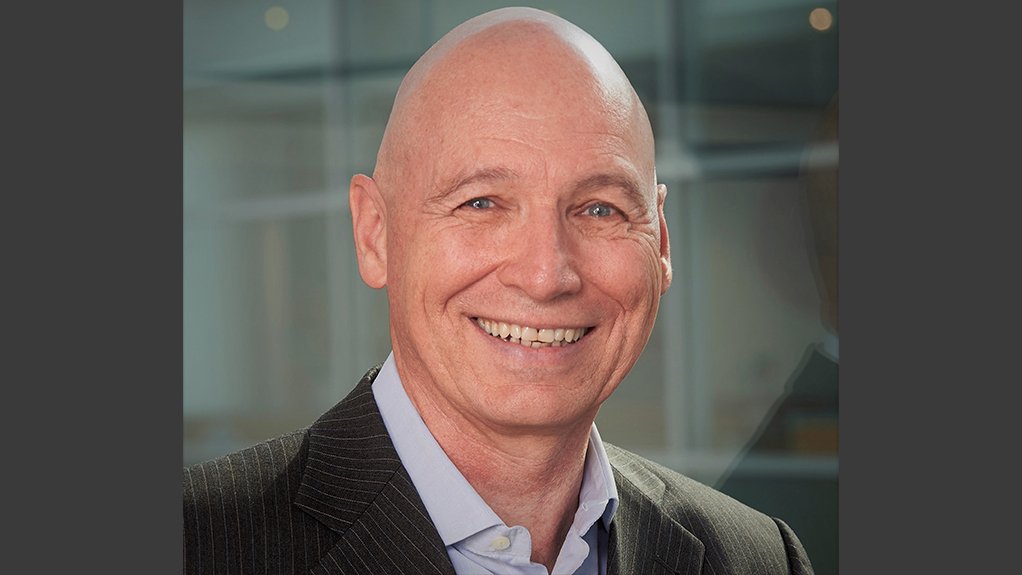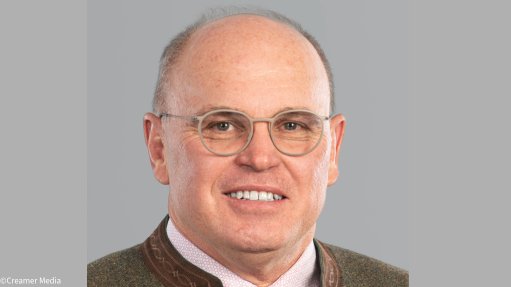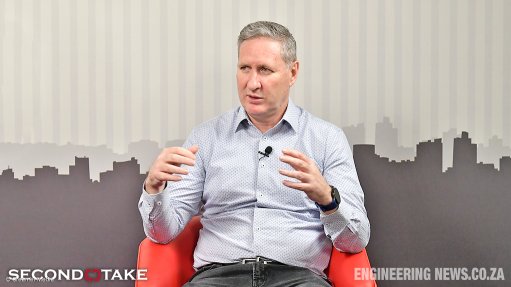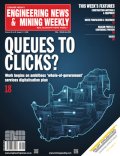Cyber Talent: It is More About Talent than Cyber!
This article has been supplied.
By Joe Robertson, Director of Information Security and EMEA CISO at Fortinet
The annual security workforce study conducted by ISC2 has found that while approximately 2.8 million professionals currently work in the cybersecurity field around the world, an additional 4 million trained workers are needed to fully bridge the skills gap and properly defend organizations against threat actors.
In other words, there are simply not enough skilled professionals to keep up with the level of sophisticated threats and attacks that we are seeing. And this huge gap is only going to widen.
So, what can we do to address this imbalance? One option is more sophisticated and automated technologies, helped by the development of AI, for example. However, cybersecurity is more than just technology; in fact, it’s the human element that makes the difference. There is clearly a need for both training and certifications for newcomers to the field, and for current cybersecurity professionals to enhance their proficiency. Also crucial is to increase awareness of cybersecurity itself to a wider audience, helping non-technical staff become the human firewall every company needs to face current and future attacks.
I believe the most critical factor for increasing cybersecurity recruitment involves the image cybersecurity conveys. There is a misunderstanding of what cybersecurity requires when it comes to skills. Of course, there is technical knowledge that must be acquired, but just as important are soft skills: the ability to prepare, analyze and learn, prevent and protect, adjust, and react.
Cybersecurity professionals are mostly seen as young nerds (usually male) behind their screens, working away in a dark room as they combat hidden evil forces, dealing all day with complex statistics, numbers, and technologies. That’s not completely wrong, but it’s also not the total reality. The truth is both women and men make excellent cyber professionals. They come from a wide variety of backgrounds and profiles, and any age group, too. It is very important for the future of our industry to shift the perception of the cybersecurity professional to an inclusive image of men and women of all backgrounds. In the long run this is one of the keys to minimizing the global cyber talent gap. We must attract applicants from the widest possible pool of talent.
As an example, with so many attacks being based on social engineering, it is necessary to employ psychology, analytical skills, creativity, and even cultural awareness to perceive, understand, and anticipate these techniques.
As most cybersecurity professionals work within a team framework, communications skills are paramount to efficient operation of the team. But it’s more than just communicating or sharing information; an open mind for input from other team members and the ability to collaborate to achieve team and personal objectives are just as important.
Awareness and concern for privacy, process, and or tailor-made proposals could be found in a number of profiles that are rarely considered by recruiters, such as doctors, lawyers, or salespeople. If a candidate has a taste for new technologies and an awareness of cybersecurity implications in all areas of everyday life, you have in front of you the perfect profile to evolve in the cybersecurity professions.
And there is quite a varied cybersecurity playground for them to express their skills and creativity. Consider, for a moment, grouping personalities into three broad categories:
The Explorers: those who prepare the ground, analyze the threat landscape and its evolution, and anticipate the best architecture to put in place. They are particularly good in analysis, psychology, and communication. They may develop these skills in many personal areas such as puzzles or escape games. A good fit as a job in a cybersecurity environment could be as a Security Consultant/Advisor, Security Analyst, or in the Security/Compliance Office.
The Designers: here we find those who define the architecture and make sure it is efficient and accurate, so as to block as many threats as possible, but also to respond and react to attacks. In this category soft skills such as leadership, collaboration and an analytical mind are important. These people may enjoy large tasks with lots of detail and teamwork, such as playing music or making videos. We meet these profiles in jobs such as CISO, Security Project Manager or Security Architect.
The Builders: the builders are definitely those who are on the ground and minimize the impact of an attack. They show great capabilities in creativity, privacy concerns, psychology and they are level headed. They may enjoy building models or electronics in their personal time. They could easily express their skills as Security specialist, Security engineer, or Security administrator.
This simple categorization is merely an attempt to show that the most represented functions that we see in the cybersecurity sector call on a wide variety of skills. These categories will surely evolve, since the cybersecurity landscape itself is evolving with technology, the growing attack surface, and the sophistication of attackers. And, to be sure, there is also a lot of permeability between the profiles. But the bottom line is that we must raise our sights to focus on more than just technical knowledge.
Considering soft skills as an essential link in filling the cybersecurity professional skills gap is crucial in the recruitment approach, but also in the evolution of talent within the company. Training and certifications are there to provide the essential technical layer but they will never be able to provide the soft skills that are needed to gain an intuitive feel for the threat landscape of today and tomorrow. Identifying candidates with those skills takes sensitivity and flexibility in recruitment and promotion.
I am interested in your thoughts. What experiences have you had with finding cybersecurity professionals with unusual or non-stereotypical backgrounds? Feel free to share what you have seen and done in the comments section. I believe we will all benefit.
Joe Robertson is a 40-year veteran of the telecoms, networking, and security industries. He is currently the Fortinet CISO for Europe, Middle East and Africa.
Comments
Press Office
Announcements
What's On
Subscribe to improve your user experience...
Option 1 (equivalent of R125 a month):
Receive a weekly copy of Creamer Media's Engineering News & Mining Weekly magazine
(print copy for those in South Africa and e-magazine for those outside of South Africa)
Receive daily email newsletters
Access to full search results
Access archive of magazine back copies
Access to Projects in Progress
Access to ONE Research Report of your choice in PDF format
Option 2 (equivalent of R375 a month):
All benefits from Option 1
PLUS
Access to Creamer Media's Research Channel Africa for ALL Research Reports, in PDF format, on various industrial and mining sectors
including Electricity; Water; Energy Transition; Hydrogen; Roads, Rail and Ports; Coal; Gold; Platinum; Battery Metals; etc.
Already a subscriber?
Forgotten your password?
Receive weekly copy of Creamer Media's Engineering News & Mining Weekly magazine (print copy for those in South Africa and e-magazine for those outside of South Africa)
➕
Recieve daily email newsletters
➕
Access to full search results
➕
Access archive of magazine back copies
➕
Access to Projects in Progress
➕
Access to ONE Research Report of your choice in PDF format
RESEARCH CHANNEL AFRICA
R4500 (equivalent of R375 a month)
SUBSCRIBEAll benefits from Option 1
➕
Access to Creamer Media's Research Channel Africa for ALL Research Reports on various industrial and mining sectors, in PDF format, including on:
Electricity
➕
Water
➕
Energy Transition
➕
Hydrogen
➕
Roads, Rail and Ports
➕
Coal
➕
Gold
➕
Platinum
➕
Battery Metals
➕
etc.
Receive all benefits from Option 1 or Option 2 delivered to numerous people at your company
➕
Multiple User names and Passwords for simultaneous log-ins
➕
Intranet integration access to all in your organisation





















